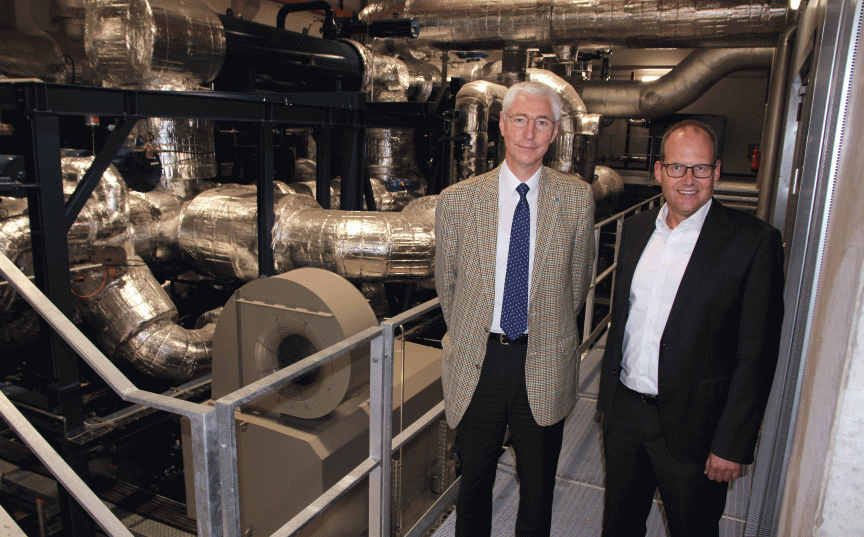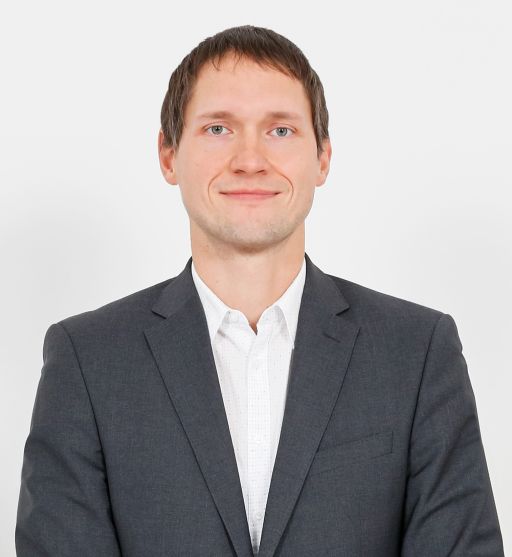Hydrogen real laboratory to make green hydrogen sustainable and tangible
 Hannover Region/Graf
Hannover Region/Graf Green hydrogen is a technology of the future that can become an important building block for the energy transition. Used correctly, it can help to permanently reduce CO2 emissions from trade and industry. In order to promote research in this area on the one hand and to reduce reservations on the other, the Hannover Region is planning to participate in the establishment of a so-called hydrogen real laboratory.
Under the leadership of the Institute of Turbomachinery and Fluid Dynamics at Leibniz Universität Hannover, a hydrogen real laboratory is to be built on the mechanical engineering campus in Garbsen. The Hannover Region's Committee for Economic and Employment Promotion has already approved the project, but the final decision by the Regional Assembly is still pending.
In the long term, the Hannover Region should establish itself as a nationally relevant hydrogen location.
"We have a lot of potential here in the region," says Ulf-Birger Franz, Head of Economic Affairs for the Hannover Region. "The scientists working at Leibniz Universität have a high level of expertise in their field. If we succeed in transferring knowledge to small and medium-sized enterprises, we will achieve several effects at once. On the one hand, we strengthen the local business location and, on the other, we make a major contribution to a climate-neutral Hannover Region."
Ulf-Birger Franz and Prof. Dr.-Ing Jörg Seume, Head of the Institute for Turbomachinery and Fluid Dynamics (TFD) at Leibniz Universität Hannover, visited the mechanical engineering campus in Garbsen on Thursday morning. Prof. Seume explains what a large-scale hydrogen project at the Garbsen site could mean in concrete terms.
"At the Campus, we are actively researching how to make the use of hydrogen tangible. Green hydrogen can be used for fuel cells and as a heat carrier, but can also be used in highly efficient combustion engines. By developing a hydrogen-powered multicopter, we want to demonstrate the pioneering role of green hydrogen in the real laboratory."
The multicopter project is to be supervised by Leibniz University in collaboration with employees of the German Aerospace Center. Ulf-Birger Franz emphasizes in conclusion:
"For the research and economic region, such a real-world laboratory can become a beacon project. It is important to us to make hydrogen technology more efficient. The real-world laboratory is a great opportunity for the Hannover Region."
Press contact
Christoph Borschel
Press spokesman
Phone 0511 616- 22260 - Mobile 0162 366 15 47
E-mail christoph.borschel@region-hannover.de
Contact us
Dr. Michael Merwart
Hanover Region
Economic Development
Department of Economic Development and Employment Promotion

